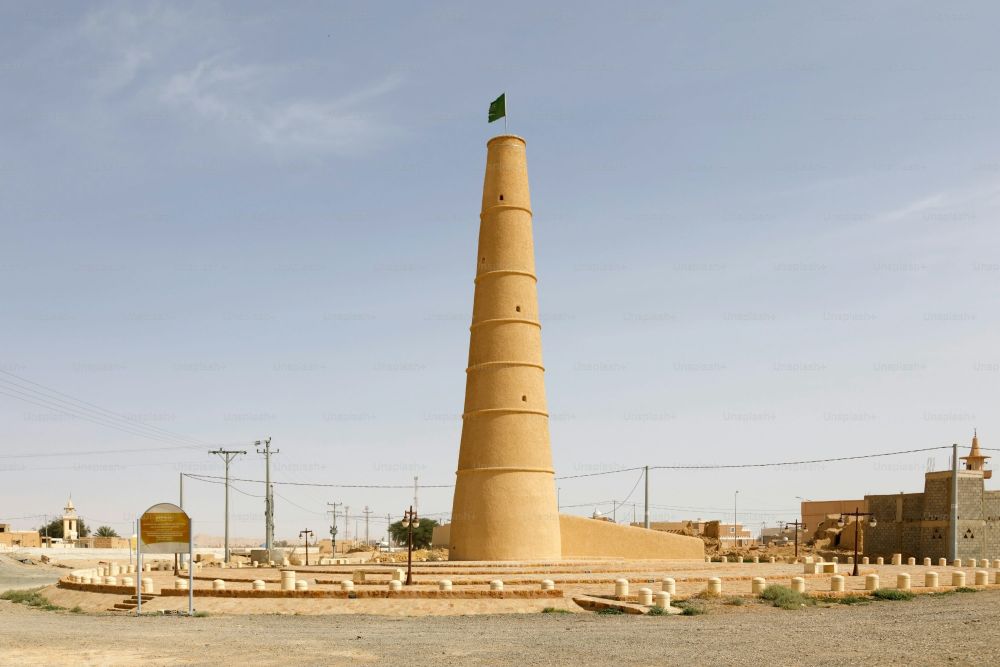

The city of Karbala, located in Iraq, is one of the most significant and revered places in Shia Islam. It is the site of the Battle of Karbala, which occurred on the 10th of Muharram in the year 680 AD. During this battle, Hussain ibn Ali, the grandson of the Prophet Muhammad, along with his family and supporters, were martyred by the forces of the Umayyad caliph. This event is commemorated during the religious observance of Ashura by millions of Muslims around the world.
The Martyrs Monument, also known as Maqam-e-Imam Hussain, stands as a symbol of the sacrifice made by Hussain and his followers. It is not only a spiritual center but has also become a focal point for religious tourism, attracting pilgrims from across the globe who come to pay their respects.
The development of Karbala as a tourism destination has been closely tied to its religious significance. The Martyrs Monument itself has undergone several renovations throughout history to accommodate the increasing number of pilgrims. The government and religious authorities have made concerted efforts to improve the infrastructure in the city to better serve tourists and pilgrims. This includes the expansion of the monument and surrounding areas, as well as the establishment of amenities to enhance the visitor experience.
In recent years, the trend in tourism at The Martyrs Monument has seen a shift towards more organized pilgrimage tours, with many travel agencies offering specialized packages for visitors. Security improvements within Iraq have also encouraged more international pilgrims to participate in the annual commemorations of Ashura and Arba'een, which marks the end of the 40-day mourning period for Hussain. Arba'een, in particular, has witnessed one of the largest peaceful gatherings in the world, with millions of participants.
Despite the spiritual draw of the monument, the region has faced challenges such as political instability and security concerns which have at times affected the flow of tourists. However, the Iraqi government and international organizations are working to ensure the safety of pilgrims and to promote Karbala as a destination for religious tourism.
The Iraqi government has also recognized the potential for tourism to contribute to the local economy and is actively developing policies to facilitate growth in this sector. This includes providing visas for pilgrims, improving hotel accommodations, and offering more services for visitors.
The cultural and historical significance of The Martyrs Monument goes beyond tourism. There is a focus on the preservation of the site and educating visitors about its importance. The monument is not just a tourist attraction but a beacon of martyrdom and resistance in Islamic history, symbolizing the struggle against oppression and injustice.
In the future, The Martyrs Monument is expected to continue to thrive as a destination for religious and historical tourism. With the Iraqi government investing in improved infrastructure, as well as increased cooperation with international tourism and heritage organizations, Karbala looks set to maintain its status as a significant site for pilgrims and tourists alike.
As tourism trends evolve, there is also a growing interest in creating more inclusive tour packages that cater to non-Muslim visitors keen on learning about the historical and cultural relevance of Karbala and its monuments. The Martyrs Monument remains a symbol of both faith and resilience, drawing visitors from around the world to share in its story.